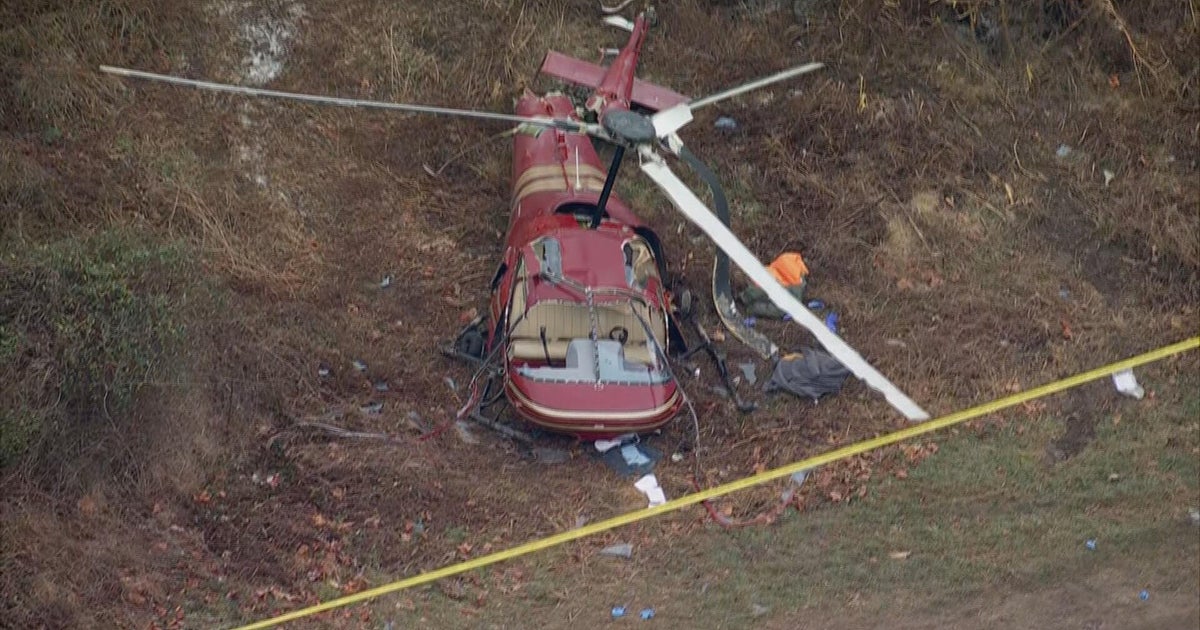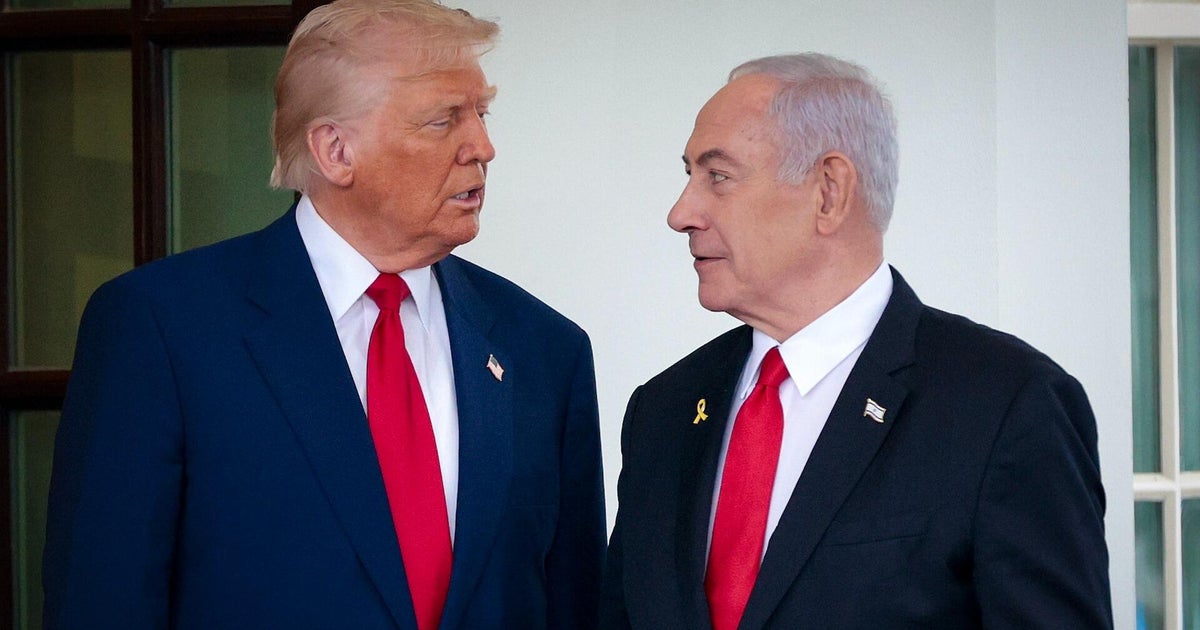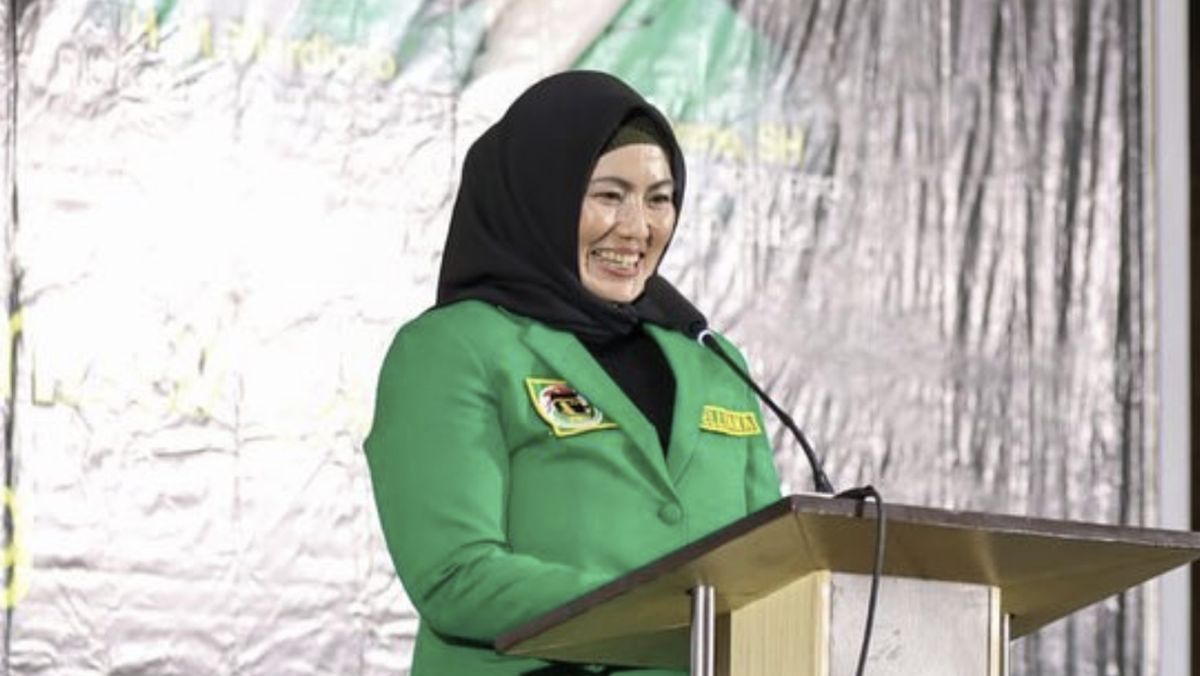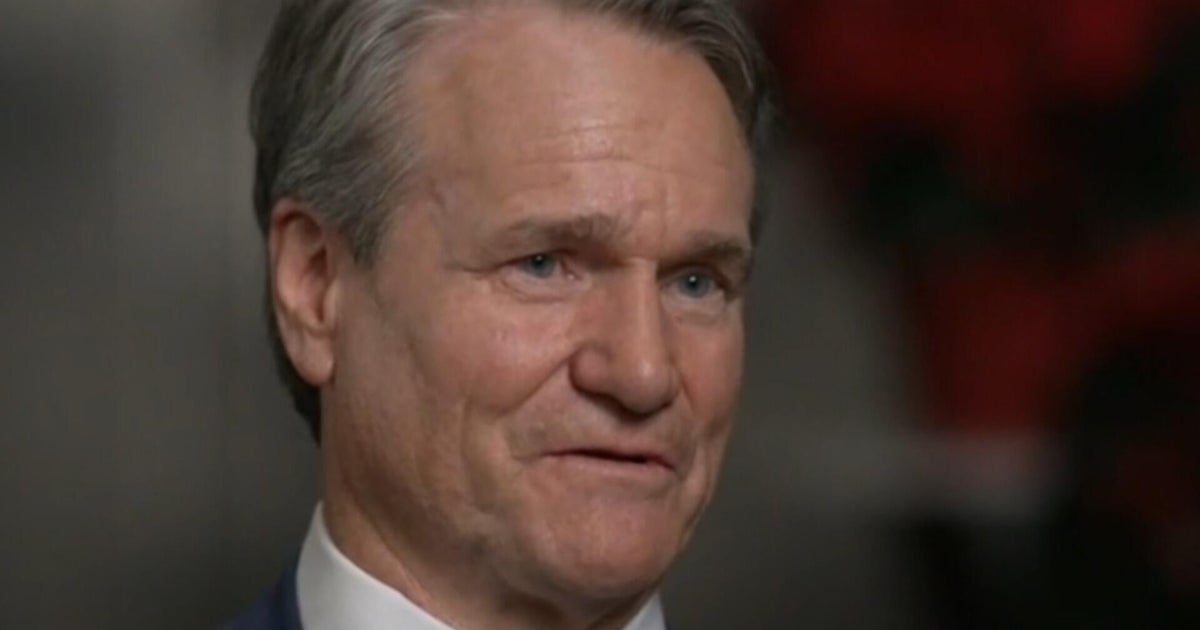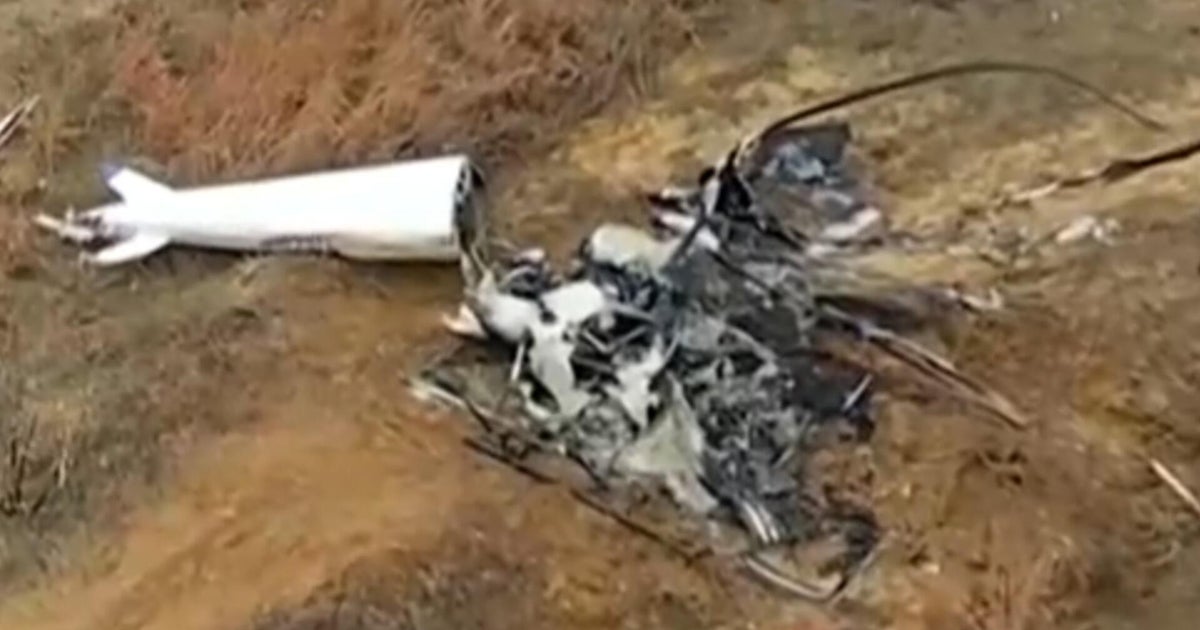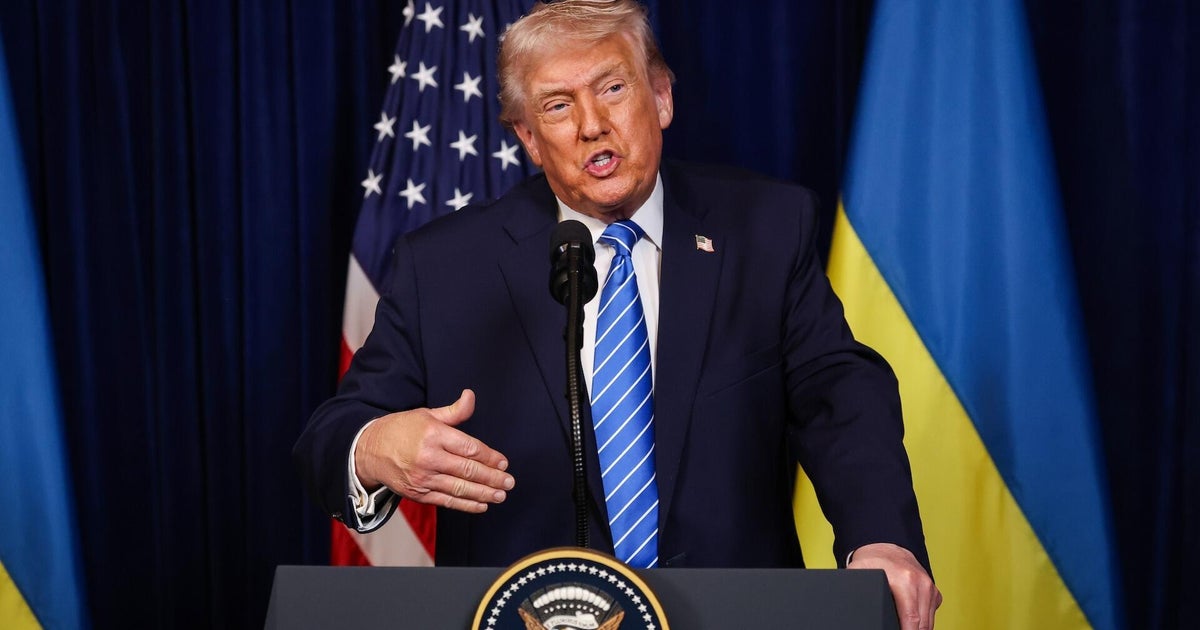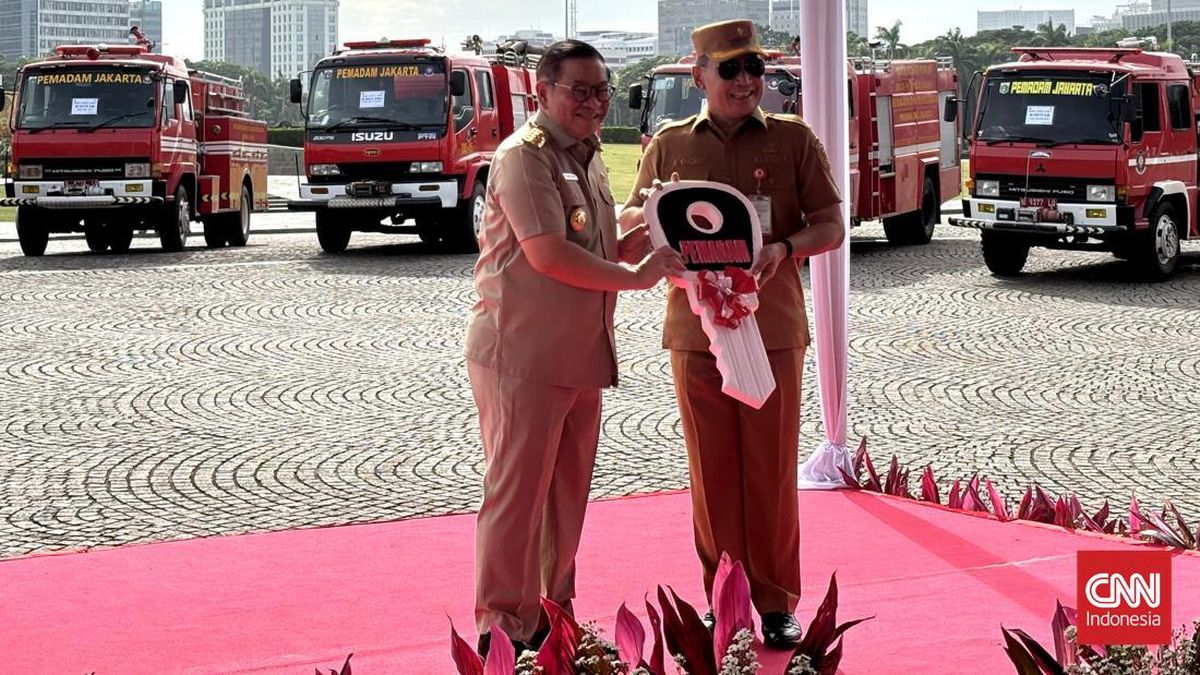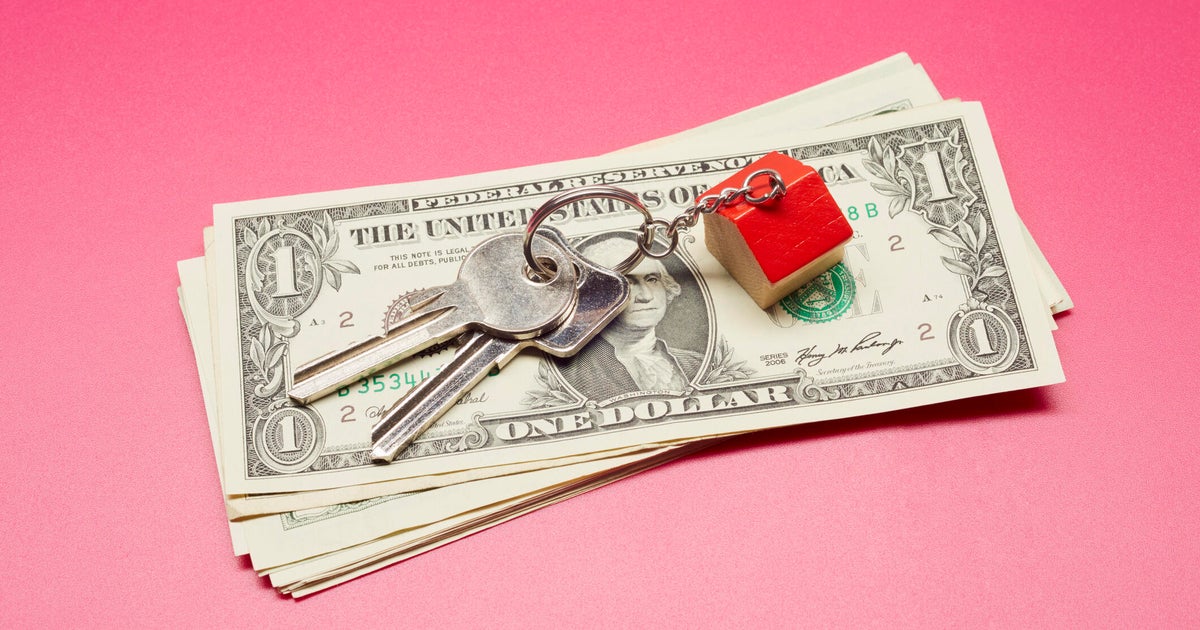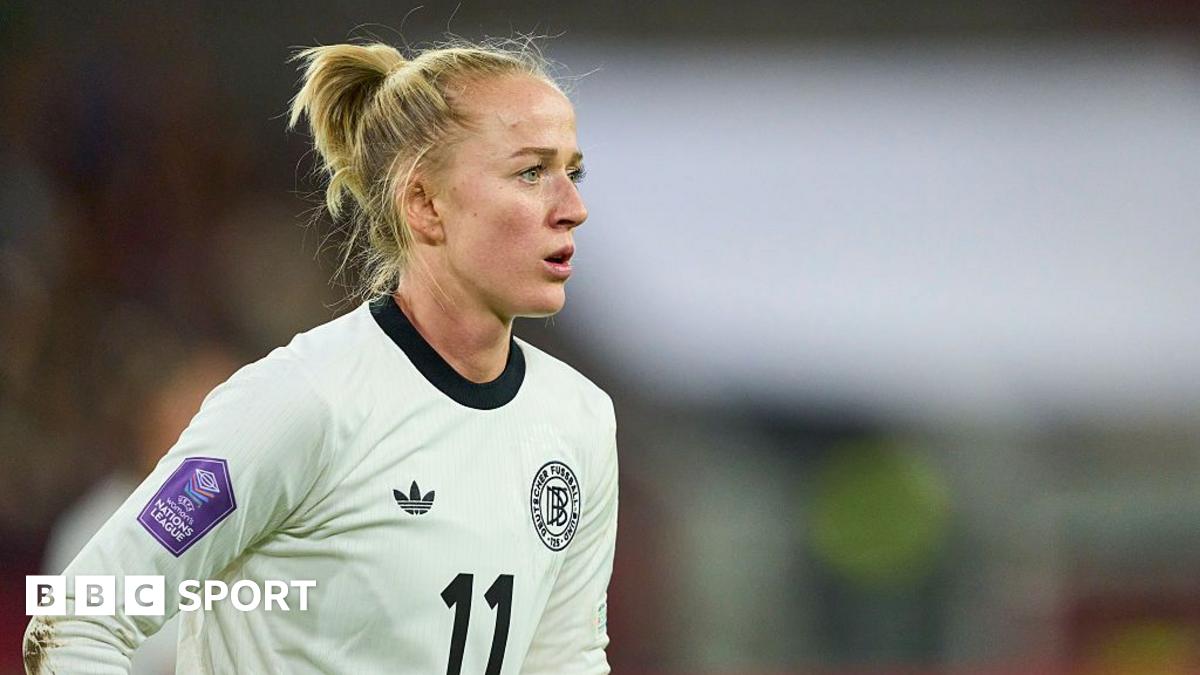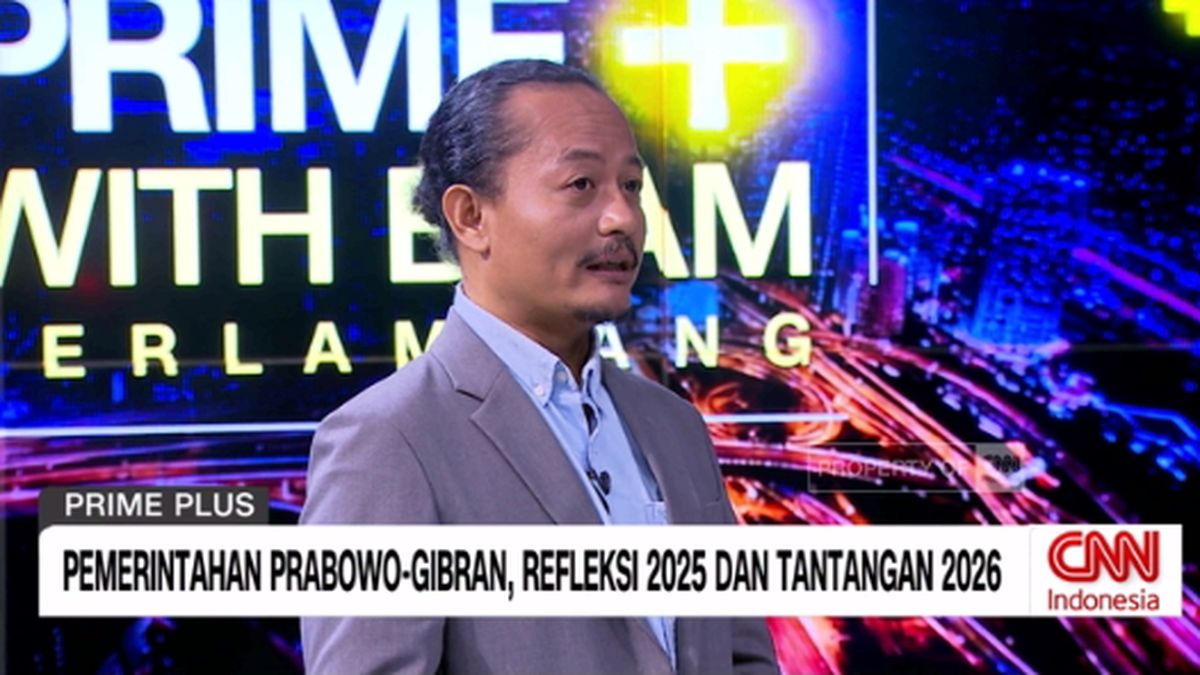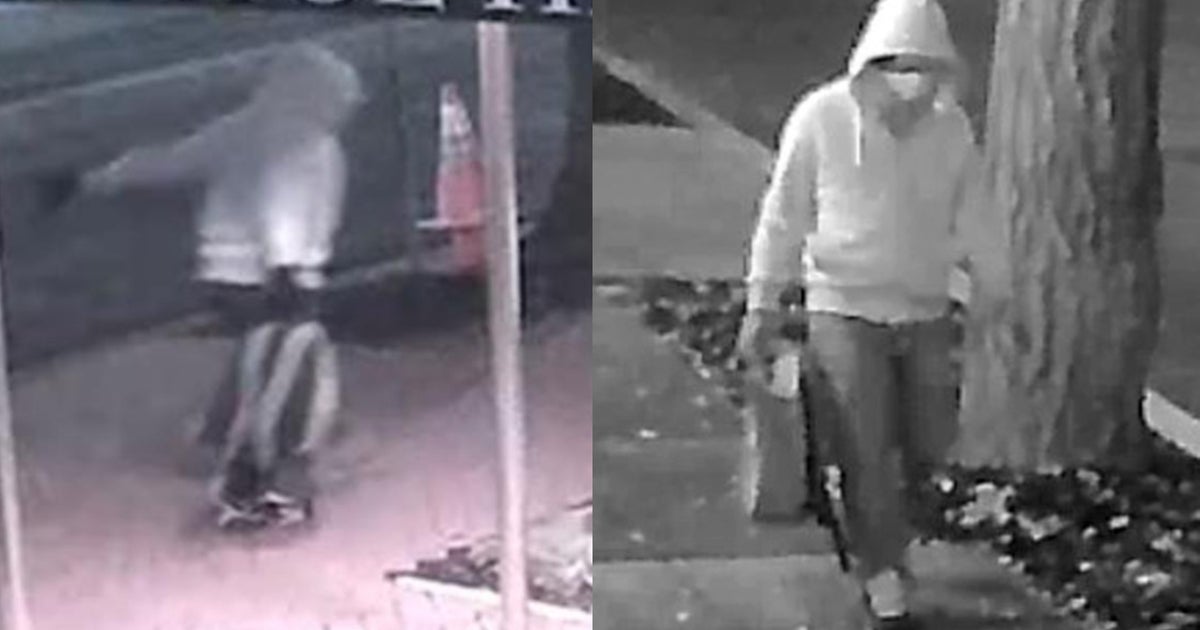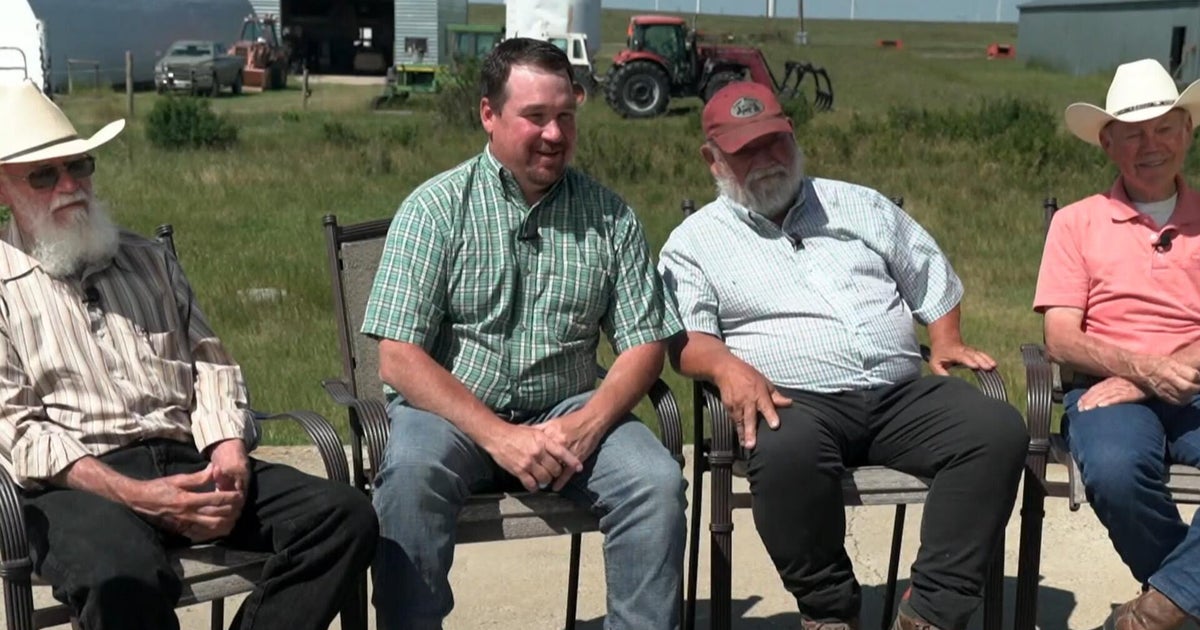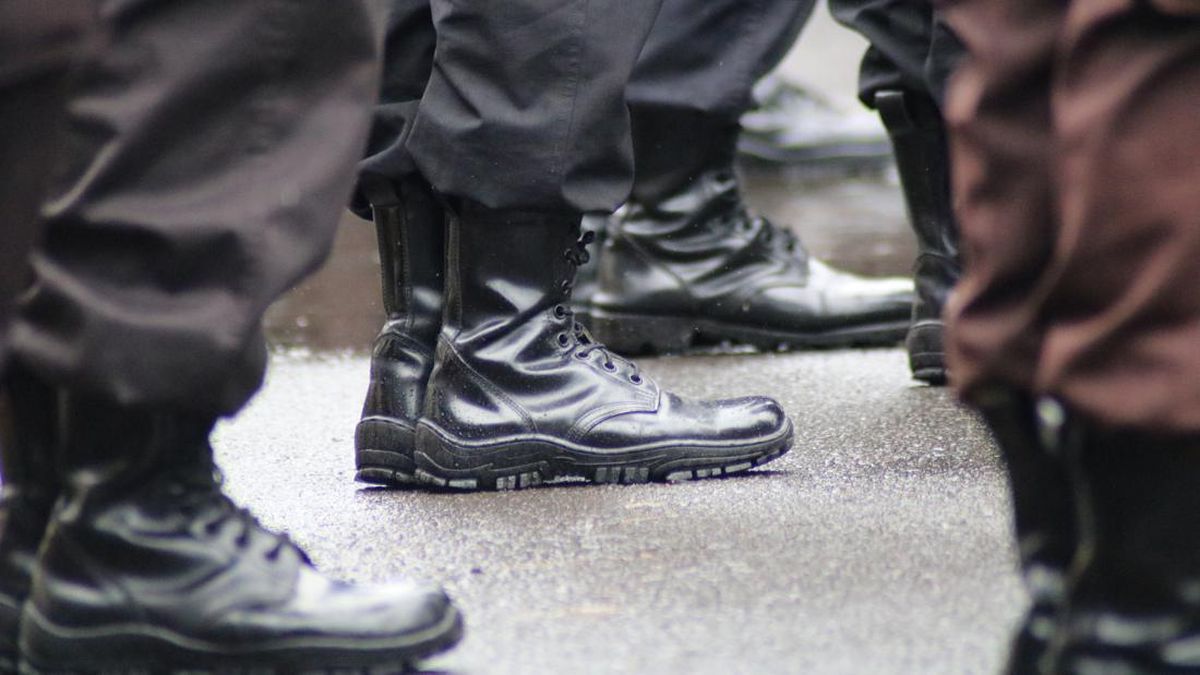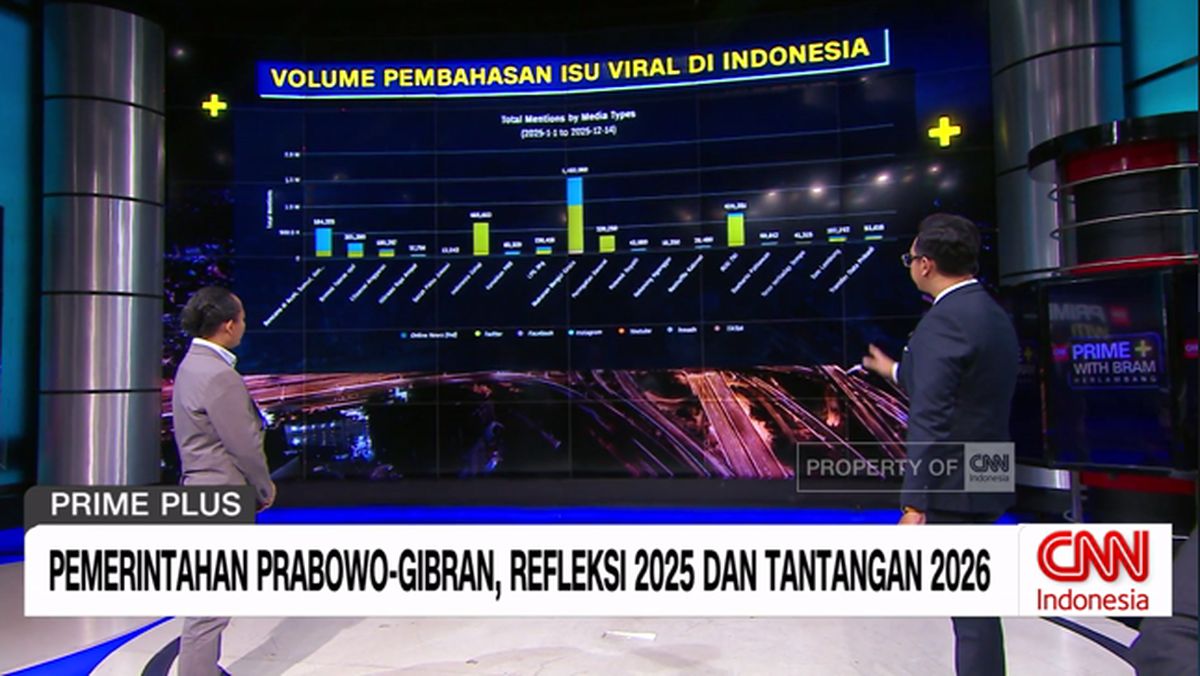Opinion
September 4, 2025 — 7.30pm
September 4, 2025 — 7.30pm
The Climate Change Authority will soon recommend to the Albanese government a 2035 emissions reduction target.
Whatever the target is – most experts believe the Authority will recommend a 65 to 75 per cent reduction against 2005 levels – and whatever the Albanese government decides, it is all but certain to reignite several political fights over Australian climate policy, simultaneously.

Illustration by Simon LetchCredit:
Some green groups will likely argue it doesn’t go far enough. Some business groups will likely argue it will hurt business and push up costs, particularly for manufacturers. The Coalition will remain split, with the Nationals and some Liberals arguing the costs are too high and that Australia should quit the Paris Agreement. Other Liberals will push back and argue that having an emissions target and remaining in the Paris deal is the price of entry for the Coalition to at least start winning back the huge swathe of metropolitan seats it has lost at the last two elections.
Whatever the target is, there is a debate playing out within the Albanese government right now, hidden from view, that will play a vital role in determining that eventual 2035 target, and which has pitted Treasurer Jim Chalmers against Climate Change Minister Chris Bowen.
Currently, those who own or lease electric vehicles pay next to nothing to use Australia’s roads. As they don’t use petrol or diesel, they don’t pay the fuel taxes that help keep our roads in (mostly) good order.
Chalmers has been crabwalking towards introducing road-user charges since the 2022 election. On Friday, he will meet state and territory treasurers in Canberra. The introduction of road-user charges for EVs, which he wants all the states to buy into, will be high on the agenda.
In question time on Thursday, Chalmers would say only that the government is “taking the time to get road-user charging right”. He realises the political risks involved in introducing a new tax and is doing everything he can to keep any change as low-key as possible.
In the other corner is Bowen, who knows that for Australia to actually reach its emissions goals – at present we will fall short of our 2030 target – requires us to wean ourselves off petrol and diesel cars and move to hybrids and EVs. To help achieve that, Bowen introduced some generous tax concessions to encourage people to lease EVs soon after Labor came to office in 2019.
The Australian Financial Review’s Michael Read has done excellent work examining the cost of those concessions to the budget. Back in March, Read reported that Treasury had estimated their cost to be $55 million per year but that they had blown out to $560 million per year – a tenfold increase.
Bowen’s job is to reduce emissions. Getting people into EVs does that. Anything that discourages it, like ending the concessions or introducing road-user charges is not his problem – it is Chalmers’ problem.
The prime minister’s private view is that road-user charges are inevitable, but they must be introduced in concert with the states and that it will be a decision of government in the next two to three years.
Loading
Victoria introduced road-user charges in 2021. The impost was calculated on a per-kilometre basis, with drivers compelled to, once a year, send a photo of their odometers to VicRoads and pay up. That tax was struck down by the High Court in October 2023, after EVs owners took the state government to court (the federal government joined the case on the side of the owners) and the court found it was unconstitutional, as only the Commonwealth could charge such an excise (or tax).
Full disclosure: my family has an EV and old diesel four-wheel drive. We are one of many, many families lucky enough to be able to use Bowen’s tax changes to lease our Tesla (like the bumper sticker says, we got the car before “Elon went crazy”). A couple of months after we got the car, comparing notes with a friend on the cost of their leased petrol Toyota Corolla, we worked out the Tesla was probably cheaper to lease because of the tax concessions.
Indeed, sales of EVs have boomed since 2022, though they’re tapering off a bit now.
A political fight with the federal opposition is certain to flair up over this new tax. Opponents will have to mount a better argument than Scott Morrison’s infamous warning in 2019 that EVs would “end the weekend”.
Australian politics has been split over climate policy since 2009. The fight has mostly centred on the electricity sector – that is, what is the correct mix of coal, gas, nuclear, solar, wind and more in the energy grid? According to the CSIRO, electricity generation is our largest source of emissions, so it makes sense to focus on it, but it is still only 32.6 per cent of Australia’s emissions. The third-highest producer of emissions is transport, at 21.1 per cent. That means your car and mine, trucks, buses and more.
Whatever Australia’s 2035 target is, transport emissions will have to come down. Politically, that is hard work.
Australians love their cars, and we live in one of the largest and most scarcely-populated countries in the world. Electric vehicles don’t always cut it, though you can drive an EV from Sydney to Perth.
But for those of us in the major cities, EVs are a viable and cost-effective alternative. It’s cheaper to charge than it is to fill up a petrol tank.
The Australian Automobile Association has long supported road-user charges (as long as it doesn’t put a handbrake on the uptake of EVs). The AAA wants a prospective NSW government plan – which charges EV users 2.9 cents per kilometre driven – implemented nationally. That would cost the average user somewhere between $270 and $400 per year, not a huge impost.
Whether that NSW scheme gets out of first gear depends on whether Chalmers can do a deal with the states. The courts could also strike down the state plan.
For a Labor government, this is also a matter of economic fairness. Why should someone from a lower socio-economic group, who can’t afford to buy or lease an EV, subsidise road maintenance for EV drivers, who are already enjoying a tax break?
This will require national leadership from Chalmers. Time to step up, treasurer.
Most Viewed in Politics
Loading


